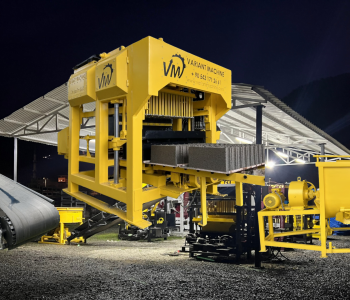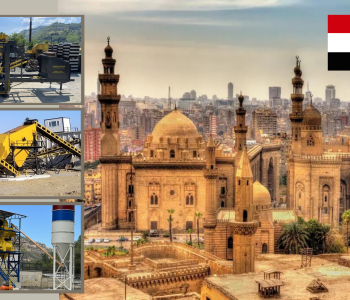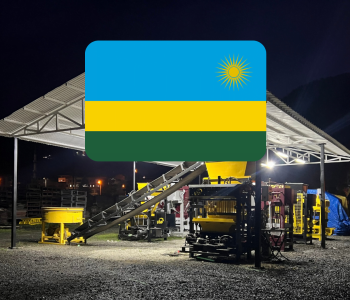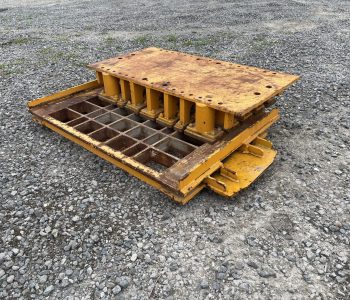Kampala: An Overview
History
Kampala, the vibrant capital city of Uganda, has a storied past that influences its present. Originating as a modest settlement within the Buganda Kingdom, Kampala gained prominence under British colonial rule. Officially designated as the capital of Uganda in 1962, the city has transformed from a small colonial outpost into a bustling metropolis with a rich cultural and economic landscape.
Current Status
Present-day Kampala is the epicenter of Uganda’s political, economic, and cultural activities. With a rapidly growing population and extensive urban development, the city is characterized by a blend of modern infrastructure and traditional influences. Major development projects are underway, reflecting the city’s dynamic growth and the increasing demand for both residential and commercial spaces.
News
Recent news in Kampala highlights significant urban development, infrastructure improvements, and economic growth. The city is undergoing transformation with new construction projects, upgrades to transportation networks, and enhancements in public services. Current issues also include urban planning challenges, housing shortages, and environmental sustainability concerns.
Construction Sector in Kampala
Overview
Kampala’s construction sector is a major driver of the city’s growth, encompassing a wide range of projects from residential buildings to commercial and infrastructure developments. The sector is supported by a high demand for construction materials and machinery, reflecting the city’s expansion and modernization efforts.
Concrete Block Machines
Concrete block machines are crucial for producing the building materials used in Kampala’s construction projects. Different types of machines cater to various needs:
- Wet Casting Machines: Used for creating high-quality concrete blocks with a wet mix, known for precision and durability.
- Dry Casting Machines: Suitable for producing blocks with a dry mix, known for efficiency and reduced water usage.
- Manual Machines: Operated by hand, these are cost-effective and ideal for smaller-scale production.
- Semi-Automatic Machines: These machines offer a middle ground between manual and fully automated systems, enhancing productivity while requiring some manual input.
- Automatic Machines: High-capacity machines that automate the entire production process, offering high efficiency and consistent block quality.
Production Capacity: The capacity of these machines varies significantly, from a few hundred blocks per day for manual machines to several thousand blocks per day for fully automatic systems.
Concrete Batching Plants
Concrete batching plants are essential for mixing concrete in large volumes:
- Stationary Plants: These are large, permanent installations designed for high-capacity, consistent production, suitable for large-scale projects.
- Mobile Plants: Designed for flexibility and quick setup, mobile plants are ideal for projects requiring on-site concrete mixing and smaller production volumes.
Production Capacity: The capacity of batching plants can range from a few cubic meters per hour for smaller setups to several hundred cubic meters per hour for larger installations.
Crushers
Crushers are key equipment in processing materials for construction:
- Mobile Crushers: These versatile crushers can be moved between sites and are suitable for on-site material processing.
- Stationary Crushers: Fixed installations used for large-scale and continuous material processing.
Types of Crushers:
- Cone Crushers: Ideal for secondary and tertiary crushing, providing fine and consistent product sizes.
- Impact Crushers: Used for producing high-quality aggregate with good shape and size distribution.
- Vertical Shaft Impact Crushers (VSI): Suitable for creating fine aggregates and manufactured sand.
- Jaw Crushers: Commonly used for primary crushing, handling large materials and offering high reduction ratios.
Pricing Considerations
Concrete Block Machine Prices in Kampala
The pricing of concrete block machines in Kampala can be influenced by several factors:
- Type of Machine: Manual, semi-automatic, and fully automatic machines each have different price points based on their level of automation and capacity.
- Production Capacity: Machines with higher production capacities generally come at a higher cost.
- Brand and Model: Different brands and models offer various features and quality levels, impacting the price.
Stationary Concrete Batching Plant Prices in Kampala
Pricing for stationary concrete batching plants is influenced by:
- Capacity: Larger plants with higher output capacities typically cost more.
- Features and Technology: Advanced features and technology can increase the price.
- Installation and Maintenance: Costs associated with installation, maintenance, and support can affect the overall price.
Crusher Prices in Kampala
The cost of crushers in Kampala is affected by:
- Type of Crusher: Mobile vs. stationary crushers and the specific type (cone, impact, VSI, jaw) can significantly influence the price.
- Capacity and Size: Larger crushers with higher processing capacities are generally more expensive.
- Brand and Quality: High-quality brands and models may come at a premium.
Conclusion
Kampala’s rapid growth and development underscore its role as Uganda’s vibrant capital. The construction sector is crucial in shaping the city’s future, supported by a range of machinery including concrete block machines, concrete batching plants, and crushers. Understanding the factors influencing machinery pricing-such as type, capacity, and local conditions-is essential for navigating this evolving landscape. As Kampala continues to expand, these insights will help stakeholders make informed decisions and contribute to the city’s ongoing success.



